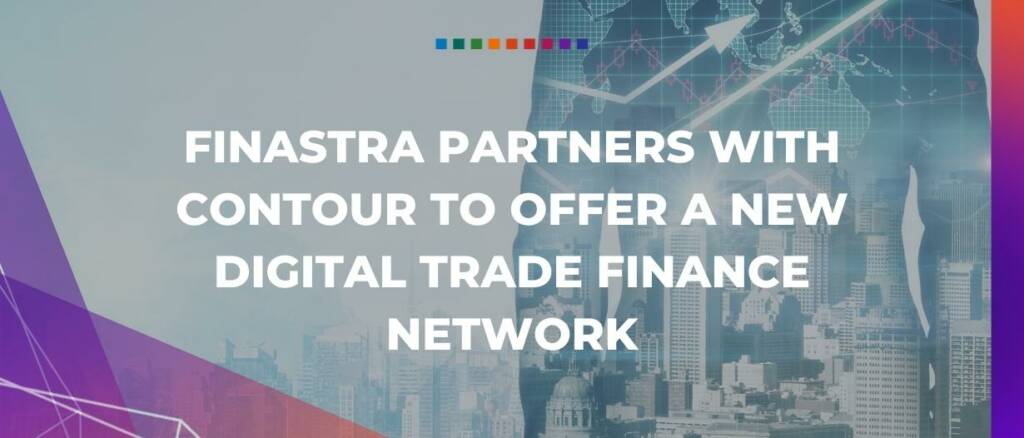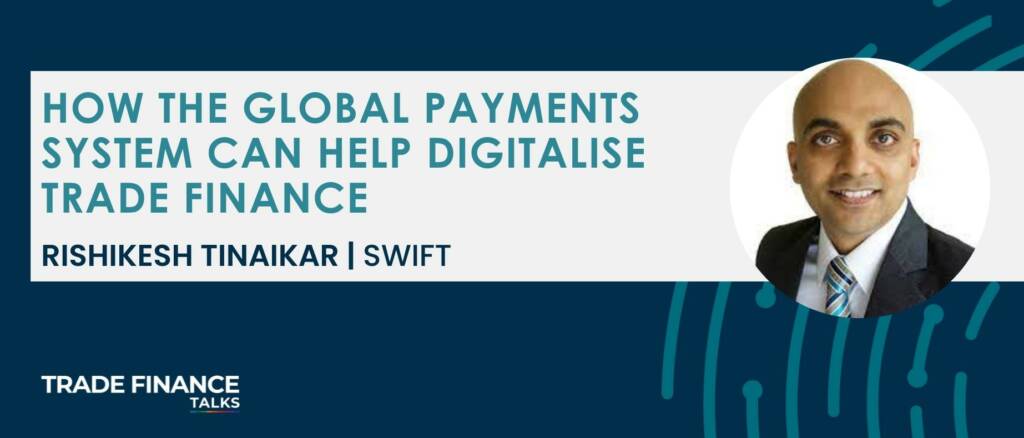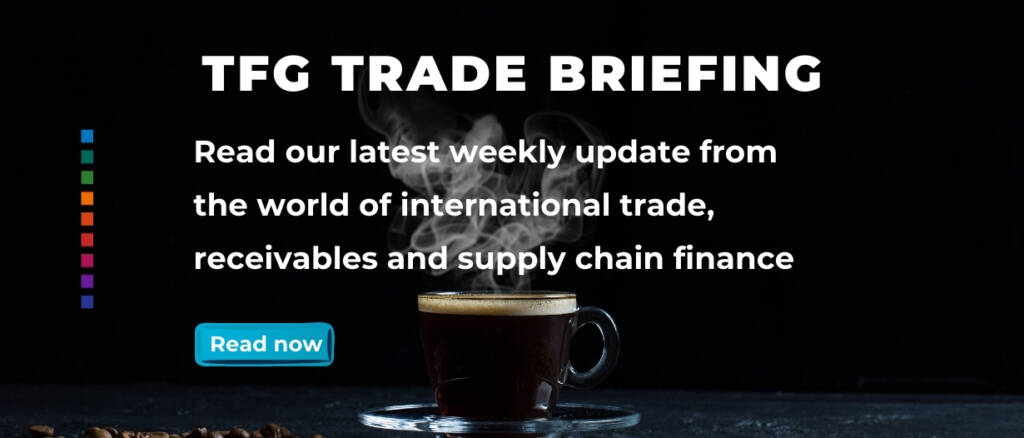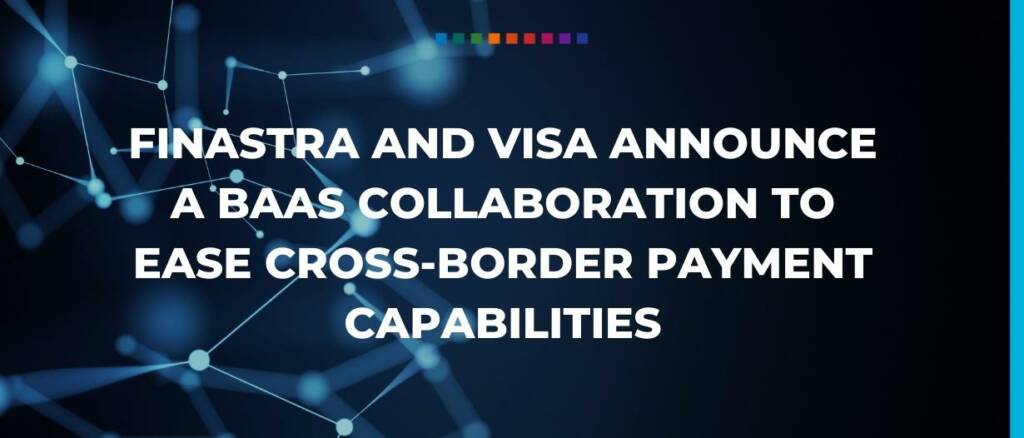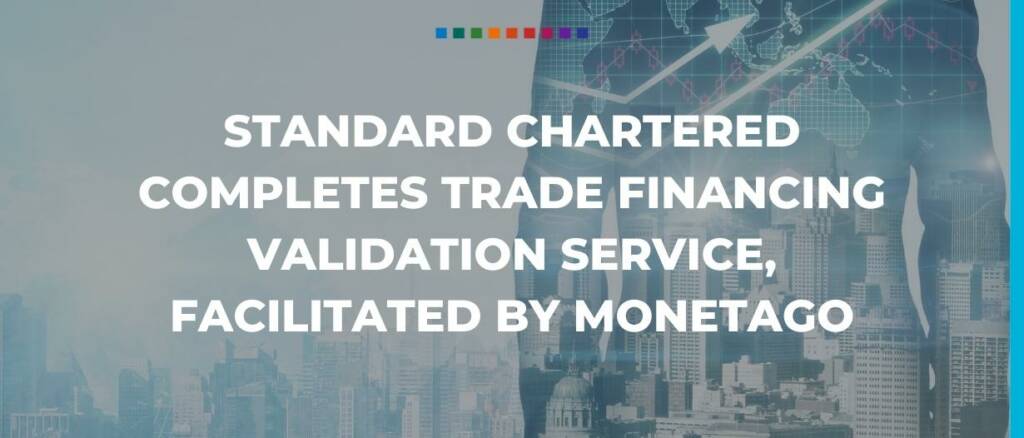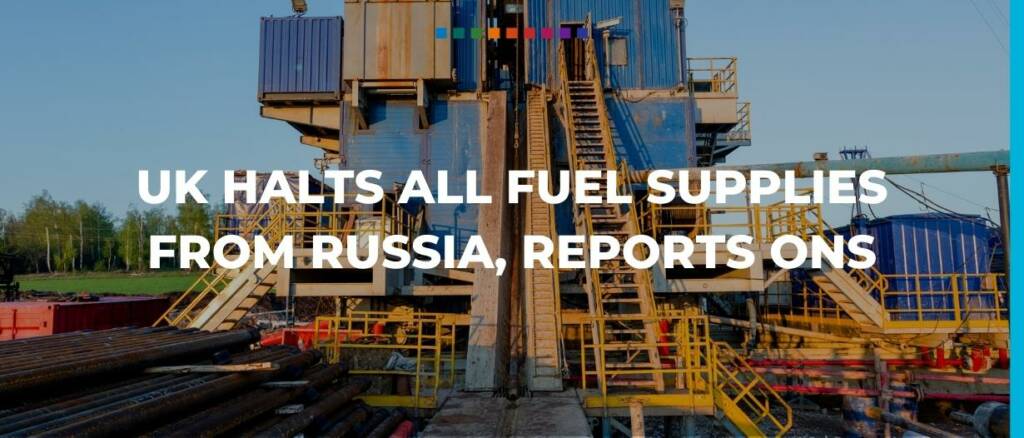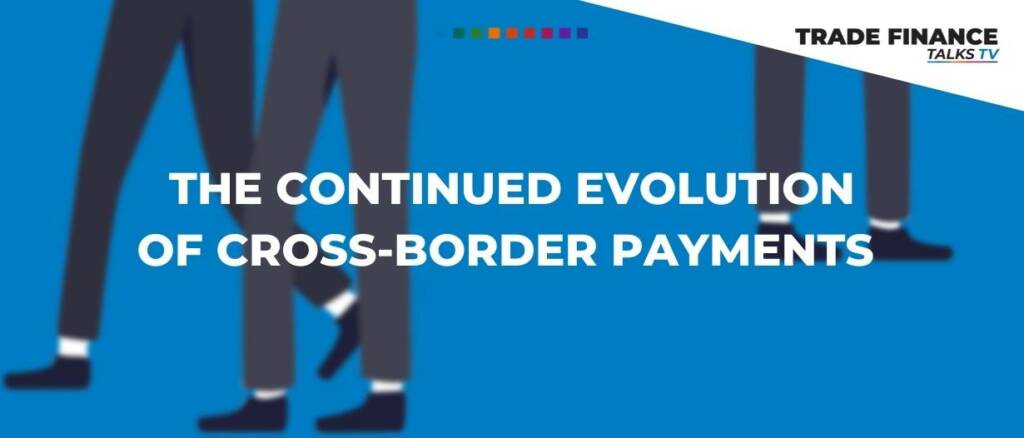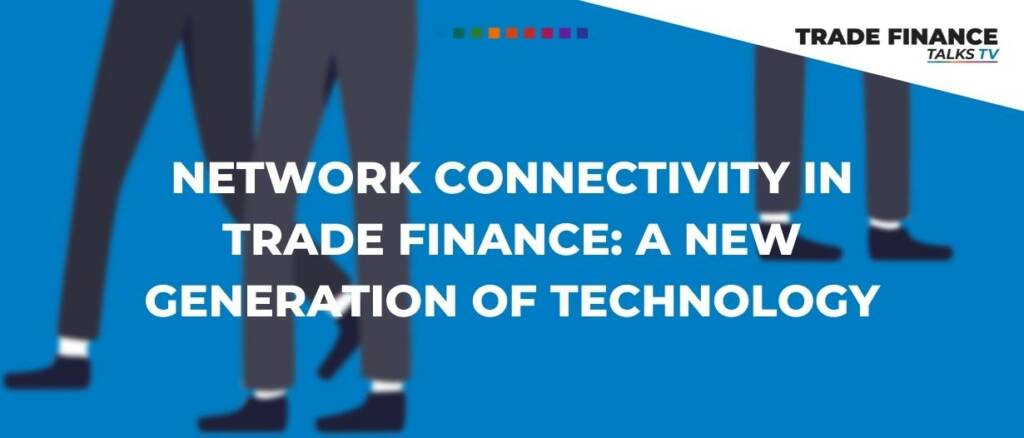The integration brings together banks and corporates globally through a common digital network ecosystem, increasing access to trade finance while enabling seamless and secure transactions. Today at Sibos 2022 in… read more →
Attending a talk at Sibos with Managing Director, US and Canada, Ben Arber and Gonzalo Perez Verdicchio, chapter lead API product management at SWIFT, Trade Finance Global (TFG) was able to learn more about the next steps for the market.
Trade Finance Global (TFG) spoke with Rishikesh Tinaikar, global head of corporates and Trade Go to Market at SWIFT, to further explore the pandemic recovery and how lockdowns are accelerating trade finance’s push toward digitalisation.
Your weekly coffee briefing from TFG: E-rules for trade explained – URDTT, eURC, and eUCP
Finastra and Visa announced a Banking as a Service (BaaS) collaboration on September 22, 2022. This partnership will co-develop new features for Finastra’s Payments Hub solutions. It will also implement… read more →
Your Monday morning coffee briefing from TFG: TFG partners with UKEF and DIT to create a trade and export finance guide
Standard Chartered has successfully completed an industry-first pilot testing of a trade financing validation service provided by MonetaGo over SWIFT, to mitigate the risks of duplicate trade finance fraud on… read more →
In addition to the joint sanctions placed on Moscow by the UK and other NATO countries in February, Office for National Statistics (ONS) figures have confirmed that UK private energy firms no longer import any oil or gas from Russia.
Cross-border payments are at the core of international finance and economic activity and it have undergone dramatic changes over the past fifty years.
The last decade has seen a substantial change in global trade bank attitudes towards innovation and collaboration.















